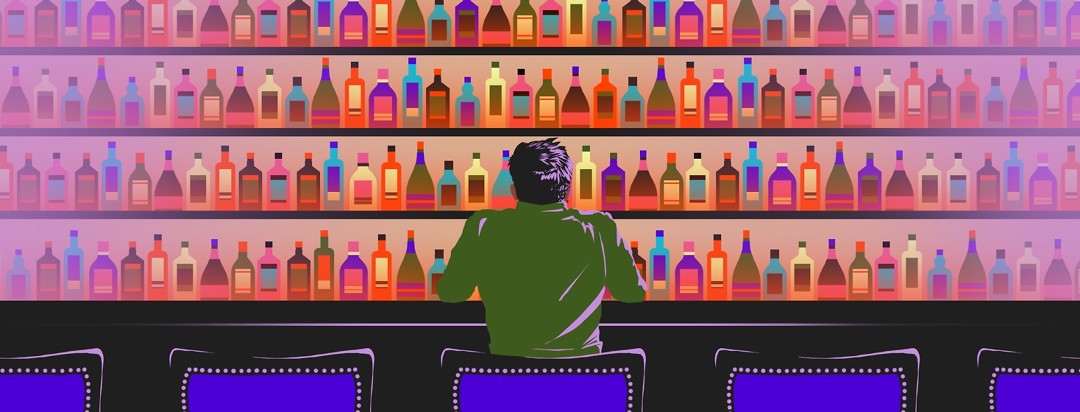Alcohol and Hep C
In a recent meeting with some experts in liver disease, the topic of alcohol use and hepatitis c came up. I posed a question about the long-term outcome for people who have been cured of hep C. I was trying to get a better understanding of the connection between diet, activity, and substance use as a cause for reduced or increased mortality (death). Perhaps this sounds a little morbid, but it helps me to be better informed and helps to shed light in areas that affect people in the hep c community.
For my part, understanding the connection between alcohol and liver disease was no mystery, and I am inclined to think that most people understand the link. When I was diagnosed with hep C, I made the decision to stop drinking alcoholic beverages. This was not problematic for me, but I can understand it might be made difficult for someone who is a more regular drinker or someone who was dealing with alcoholism. I am not interested in judging anyone, and my decision is not a reflection of any moral judgement.
My choice to stop drinking
For me, it was purely an issue of giving my sick liver the best chance possible in light of my diagnosis of hepatitis. It simply made sense. In the recent discussion with experts in the field, it was made apparent that drinking was a considerable factor in long-term outcomes. However, it is not the only reason some people will see ongoing and worsening liver disease; Fatty liver disease, diabetes, environmental factors, and a whole list of other conditions can contribute to worse liver outcomes over time.
With alcohol, it is not lost on us to remind ourselves that intoxication really is a good description of what alcohol in excess does. It is toxic, and that is, of course, its appeal in a way. How it makes us feel, in the short-term, can be enjoyable to some. I enjoyed the effects too, just like many of us have. Was it healthy? The short answer is no, but the same old story about moderation comes to mind.
Seek help, if you need it
The thing is that people who do not have a liver disease or inflammation of the liver may be safe to drink in moderation, but the science is not unanimously in favor of doing even that, as I understand. "Moderation" is one of those subjective words that is open to our own interpretation. If you are now cured, will drinking affect healing? Don’t get me wrong, I am not here to preach at you, as it is something only you can decide. Knowing that alcohol will affect your health outcome is all we need to consider in a perfect world, but I do understand we have needs driven by things we cannot always control easily, and that may be an opportunity to look at getting some outside help. Maybe it is not easy, but if you want to have the best crack at benefitting by a cure from hep C, it can improve your chances for an improved health outcome over time.

Join the conversation